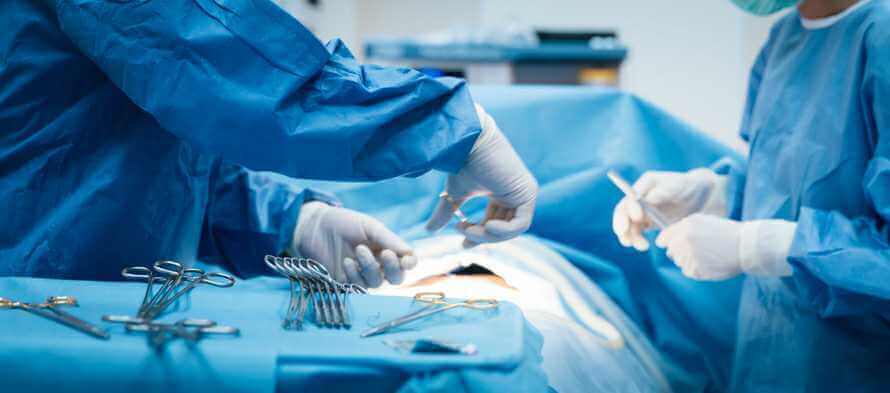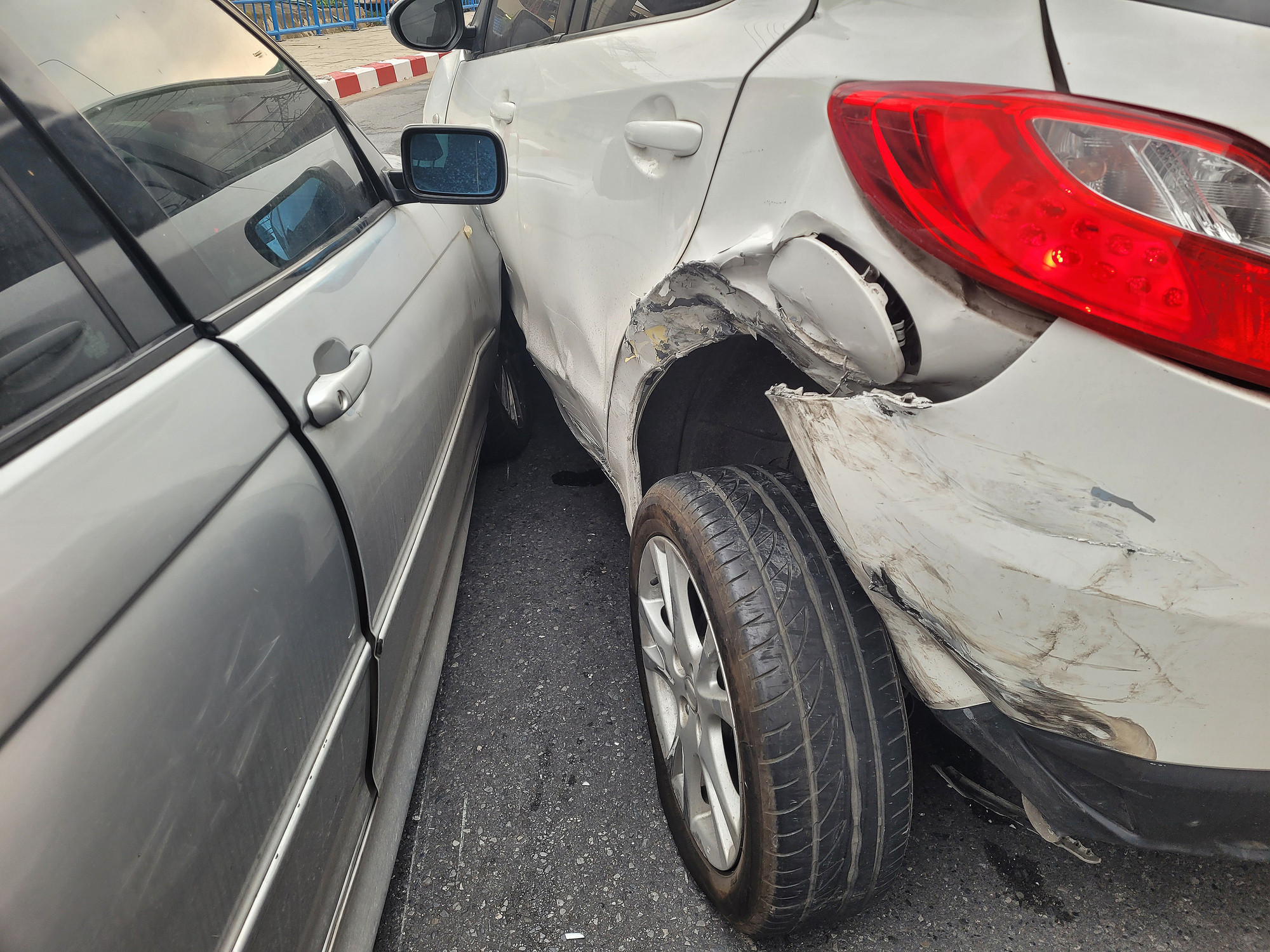Crash-related injuries range from minor to severe and sometimes won’t heal without surgery. Even if you manage to walk away from a crash without any immediate pain, you may later learn that you sustained an injury that requires surgery. Learning that you need surgery is often a frightening experience. In addition to a costly and lengthy recovery, you may be out of work and unable to earn a living until your injuries heal.
Our attorneys discuss the most common types of injuries that result in crash victims needing surgery to make a full recovery. If you’re unsure about what course of action to take after a crash, reach out to an experienced Kansas car accident attorney who can help you weigh your legal options.
Traumatic brain injury (TBI)
TBIs result from blows to the head or violent shaking that causes damage to the brain. According to the Centers for Disease Control and Prevention (CDC), car accidents are the second leading cause of TBIs, accounting for 20 percent of them. Most crash-related TBIs, such as concussions, are relatively minor and can heal with minimal treatment and long-term rest.
Severe TBIs that often require surgery include:
- Open-head (puncture) head injuries
- Skull fractures
- Brain hemorrhages (internal bleeding)
- Brain hematomas (brain swelling)
- Diffuse axonal injury (twisting or shifting of brain tissue within the skull)
Compound or multiple bone fractures
A compound fracture occurs when the force of a crash causes a bone to break into two pieces. Sometimes, bones shatter or break in multiple places. During surgery, a surgeon realigns the bones and installs pins, screws and metal plates to hold them into place. After surgery, it can take a minimum of 6-8 weeks for a broken bone to heal. It could take longer, depending on the overall health or age of a patient.
Injuries to the neck, back and spine
The impact of a crash often causes injuries to the neck, back and spine. Sometimes, discs become herniated or vertebrae become dislodged. Crash victims often suffer severe pain, weakness and loss of mobility when damage is inflicted on the spine. Surgery is often required to restore mobility and prevent permanent damage to the spine. Common types of spinal surgery include:
- Spinal fusion — merging two vertebrae together
- Laminectomy — removing parts of vertebrae to treat spinal stenosis
- Foraminotomy — removing parts of vertebrae to reduce pain caused by a compressed nerve
- Diskectomy — removing part of a disc to treat a herniated or slipped disc
Internal injuries
Injuries to internal organs are often life-threatening and result from violent shaking, blunt force trauma or penetration injuries. The most vital organs include the lungs, heart, liver, spleen and kidneys. Damage to these organs often requires prompt emergency surgery. Otherwise, they can get worse and lead to serious health complications or death.
Soft tissue injuries
Sprains and strains to the muscles, tendons and ligaments may heal with minimal treatment and rest. When soft tissue becomes torn during a crash, it often won’t heal on its own. People who sustain soft tissue injuries often experience intense pain, swelling, bruising and loss of mobility.
Contact our Kansas law firm for help with your surgery claim
If you were injured in a crash caused by another driver’s negligence, the experienced attorneys at Bretz & Young Injury Lawyers can help you get the justice you deserve. Our legal team can launch a thorough investigation into your crash and work with the other driver’s insurance company for a fair financial settlement. You only need to focus on your recovery. In addition to your medical expenses, we’ll help you get compensated for wage loss, property damage, pain and suffering, and other damages.
There is no need to worry about the cost of hiring an attorney. Our law firm offers free and confidential legal consultations and we operate on a contingency fee basis. That means you don’t pay unless we win your case. We serve clients across the state of Kansas. Contact us online or call us to find out how we can help you.





